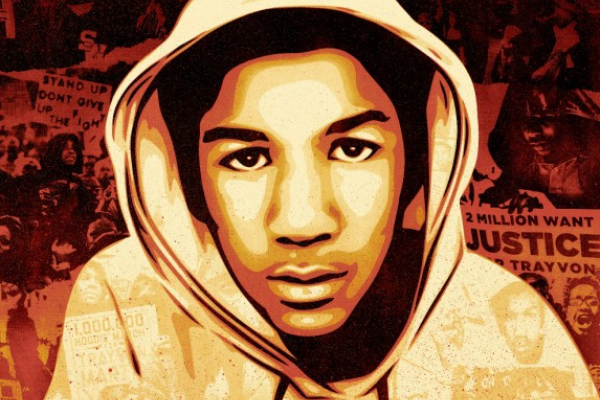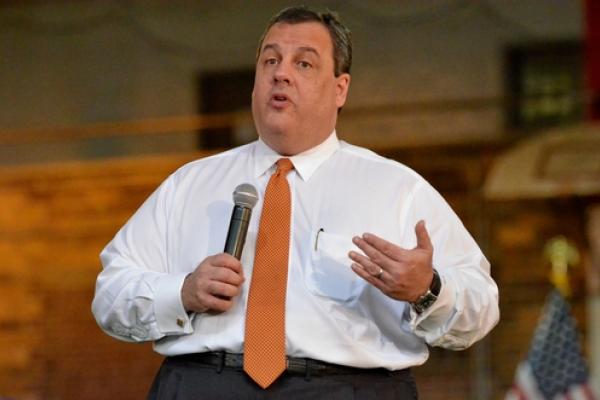With a stated aim to “provoke,” Britain’s best-known TV company, Channel 4, is justifying its live daily broadcast of the “adhan” — the early hour Muslim call to prayer — and sparking applause as well as anger.
The broadcasts, airing each morning at 3 a.m. Greenwich Mean Time, will continue throughout the Muslim holy month of Ramadan.
“We are focusing on the positive aspects of Islam and hoping to explain to a broader public what Ramadan is, and what it means for the 2.8 million Muslims who take part in the UK and provide a platform for different views and different voices,” said Ralph Lee, the network’s head of programming.
So,
No prom for you
Dear boy
No wedding
No children
No memories of you and family
For momma and daddy to savor
Just holes in their hearts to match
the hole
In yours
But as God is my witness
Sweet boy
You will never be forgotten
Driving through the Spanish moss-draped gates of the Mepkin Abbey Trappist monastery in Moncks Corner, S.C., businessman August Turak felt as if he had just lost a whole lot of weight.
Not physical weight, but the weight of emotional and spiritual burdens.
After a corporate career with companies like MTV, Turak sold two successful software companies for $150 million, but shattering his ankle in a skydiving accident “brought me face to face with my own mortality.”
As we inched our way forward, the four lanes of the highway converged into one lane as we made our way around a terrible accident. We joined the long line of cars that passed the scene of the accident one by one, and we slowed — as did the others — to see what we could of the crash. But the moment we moved past the accident, the highway opened up to us, inviting us to freely and quickly accelerate.
And I began to think that tragedies like these cause us to slow down, and even come to a stop. They cause us to open our eyes for a moment and see that our actions have consequences. But on the other side of these tragedies, we tend to somehow find the freedom to move on, and to move on with strength. The only question is whether or not we will take what we see to heart, and resolve to be better drivers on the other side.
My wife and I are attending our denomination's national assembly in Orlando this week. Last night, we went to a retirement party for one of her mentors. As a group of ministers tends to do, they concluded by gathering around, laying their hands on, and offering him a prayer of blessing. Then the group spontaneously broke out into a round of song that went on for a few minutes. It was both beautiful and touching.
The wait staff, however, wasn’t quite sure how to take it.
"Wow," one bartender said," that's amazing. You guys can all really sing."
Amy just smiled.
“That's church," she said.
As activists push states to recognize gay marriages, New Jersey Gov. Chris Christie — conservative Republican governor in a blue state and a 2016 presidential possibility — is walking a fine line between two electorates and two elections.
Christie vetoed same-sex marriage legislation last year and severely criticized the Supreme Court’s decision striking down a ban on federal rights for same-sex married couples. At the same time, he is “adamant” that same-sex couples deserve equal legal protection, wants a referendum on gay marriage, and vows to abide by a same-sex marriage law if New Jersey voters approve it.
He’s tiptoeing between constituencies. First are the voters of New Jersey: polls show they favor same-sex marriage, and Christie wants them to re-elect him in November by a big margin.
England and Wales became the 16th and 17th countries in the world to recognize gay marriage after Queen Elizabeth II gave “royal assent” to a same-sex marriage bill.
Under the new law, gay men and women will be able to join together in civil ceremonies or in church services — although no religious denomination will be forced to carry out such services.
Cheers, laughter, and clapping broke out in the House of Commons when Speaker John Bercow announced the bill had been approved.






